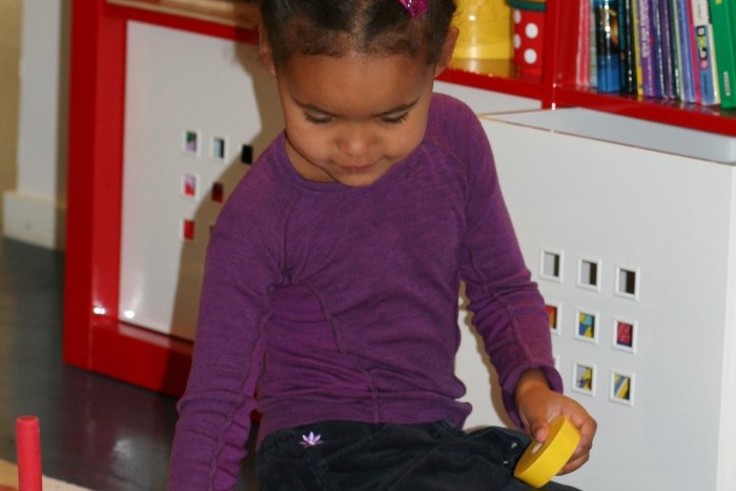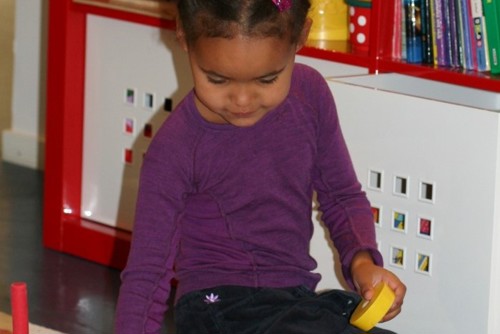About the clinical examination of 4-year-olds in NorFlu
Article
|Updated
An important goal in NorFlu is to investigate whether pandemic influenza infection or vaccination during pregnancy affects the child's cognitive development.
In 2013, NorFlu was given support from the Research Council of Norway for a new subproject, the clinical study of 4 year-olds. The Norwegian Institute of Public Health invited a random selection of children and mothers already participating in NorFlu to a clinical examination in 2013-2015. The examination focused on the children’s learning, language development, social skills and other development. Blood samples were also taken for immunological studies from both mother and child. The assessments took place in Oslo from 2013-2015
614 four-year-old children were assessed. The goal was to examine 600 children. Before the examinations, the parents and pre-school teachers were asked to complete a questionnaire about the child's development and general behaviour.
At the clinic, the families were met by a psychologist, research assistants (students in psychology and pedagogy), a clinic coordinator, a bio-coordinator and a health secretary. The clinic staff had a duty of confidentiality.
Each child was weighed and measured and blood samples were taken from both mother and child. The children underwent a series of tests on learning, language development, social skills and other developments.
Standardised tests used in the NorFlu clinic
- Stanford-Binet (Stanford-Binet Intelligence Scales - 5th Edition)
- Mullen (Mullen Scales of Early Learning)
- Norwegian version of BPVS II (British Picture Vocabulary Scale II)
- TROG-2 (Test of Reception of Grammar 2).
- NEPSY.
Documentation after the examination
Parents received an oral summary of the examination and a written report with a general description of the results.
Use of obtained data
Blood samples and questionnaire data is used solely for research in accordance with the approval of the Regional Committee for Medical and Health Research Ethics (REK).
The research is linked to issues related to influenza in pregnant women, the effects of vaccination and drug treatment. Genetic disposition, infectious conditions and other environmental factors that may affect physical and mental development and health will also be explored.
Analysis of blood samples
Immunological analysis will be performed on the blood samples in order to explore the role of cellular and humoral immunity for protection against influenza during pregnancy and for the offspring.
International collaboration
In collaboration with other Norwegian and international researchers, researchers at the Norwegian Institute of Public Health will analyse the health information and biological samples. It may be necessary to send unidentifiable information and blood samples to research partners. In each case, this requires approval from the Regional Committee for Medical and Health Research Ethics (REK) and is regulated by the Health Research Act. The NorFlu project website will contain information about any projects with partners abroad.

